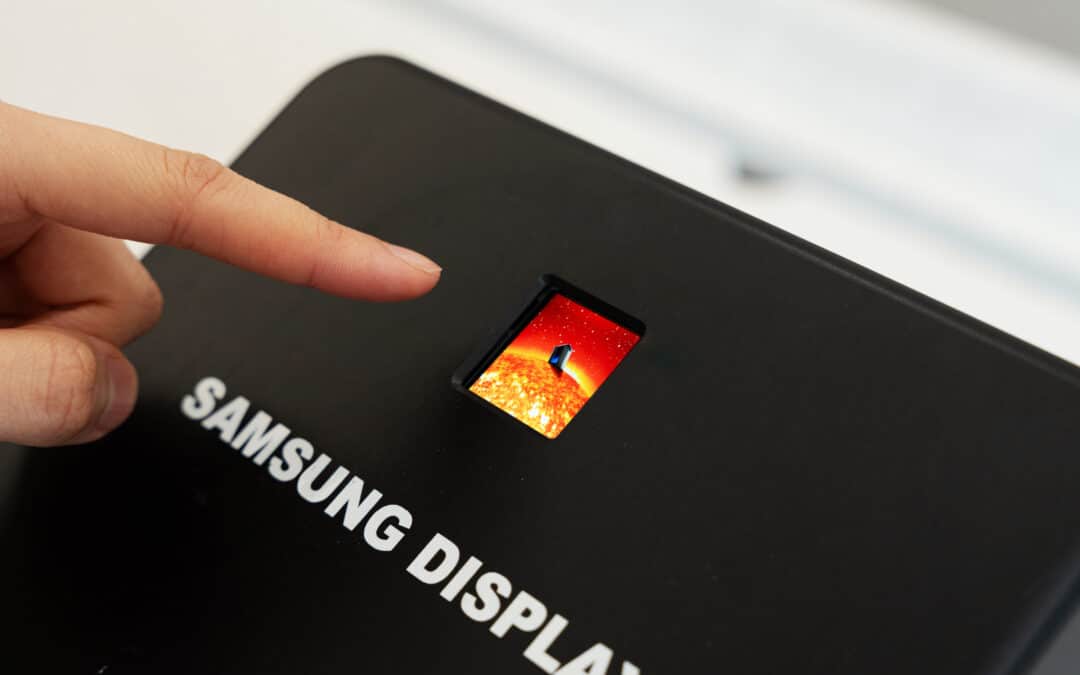Earlier reports suggested that Samsung would face Nvidia’s quality test for the 12-layer HBM3E chips this month. It looks like the results are now out, and the Korean firm once again failed to obtain the qualification certificate. That’s a huge setback for the company as it had already started mass production of 12-layer HBM3E products for Nvidia earlier this year.
Samsung failed to receive HBM3E certification from Nvidia, shifts focus to HBM4
According to a report from Korean outlet Fnnews, Samsung is having trouble smoothly proceeding with mass production because its key client, NVIDIA, has not approved its 12-layer HBM3E product. The company said it will develop an enhanced version of the HBM3E to meet NVIDIA’s standards and start mass production. But right now, it has stopped several machines related to HBM3E chips production.
Samsung has been trying hard to pass NVIDIA’s certification process for the HBM3E chip for the past several months. It has undergone multiple redesigns and invested heavily in advancing its HBM process. However, some recurring issues, likely related to heat and power consumption, may prevent the company from meeting Nvidia’s requirements.
While the firm failed to meet Nvidia’s qualification test, it remains confident and now plans to develop an improved version of the chip. In addition to that, Samsung wants to bounce back to the HBM market with its 6th-generation high-bandwidth memory (HBM4) solutions. Its development has already started with the goal of supplying products to major customers as scheduled.
During the recent Q1 2025 earnings call, Samsung explained that “HBM4 is planned for mass production in the second half of the year as per the existing schedule in accordance with customers’ task schedules, and HBM4 standard products will contribute to sales starting in 2026.”
The publication says Samsung recently held a meeting where key executives encouraged employees and said its HBM4 chip is showing good yields. This suggests that even though the firm is struggling with the HBM3E chips, it remains optimistic about next-generation HBM products.
Only time will tell whether Samsung can gain a foothold in the rapidly growing HBM market. For now, Samsung will likely try to secure clients for its HBM4 while fixing the issues with the 12-layer HBM3E chip.






